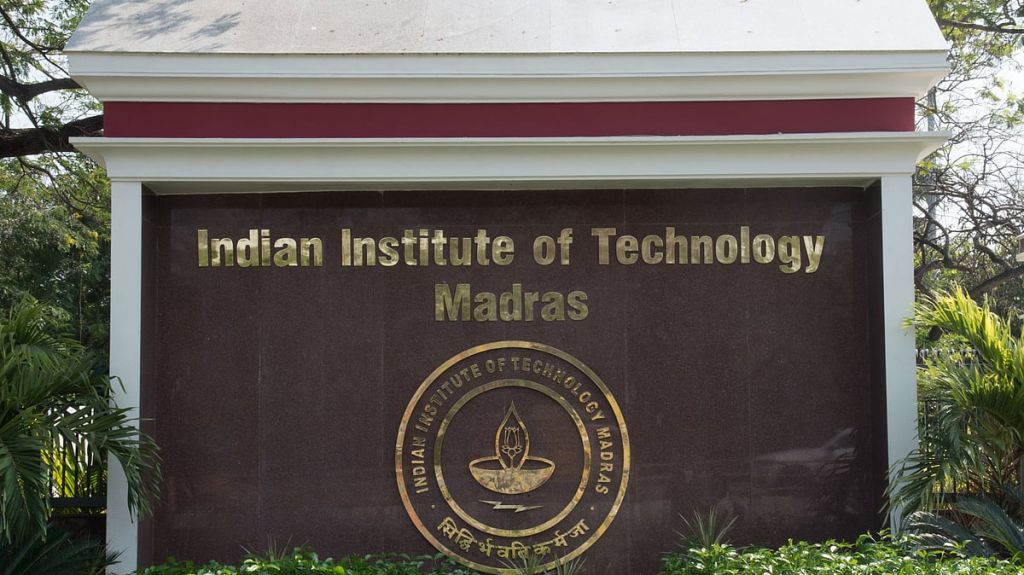
Chennai: Ahead of World Cancer Day, The Indian Institute of Technology (IIT) Madras on Monday launched Bharat cancer genome atlas.
Bharat cancer genome atlas will "help identify cancer-specific biomarkers in India to enable early detection of breast cancers and identify novel drug targets for developing better treatment strategies specific to the Indian population." The cancer genome program was initiated by IIT Madras in 2020. Under this program, the 960 whole exome sequencing from 480 breast cancer patient tissue samples collected across the country has been completed.
The institute has made this database publicly accessible at bcga.iitm.ac.in to researchers and clinicians in India and abroad.
On the eve of World Cancer Day, @iitmadras launches India’s first Cancer Genome Database – Bharat Cancer Genome Atlas (BCGA)!
— IIT Madras (@iitmadras) February 3, 2025
With cancer cases rising, BCGA will aid in early detection, personalized treatment & drug discovery by mapping genetic variants in Indian breast… pic.twitter.com/fMawU8hdWi
Speaking about it in detail, Prof. V. Kamakoti, Director, IIT Madras told ANI, "So today we are making a very big move in releasing the data of breast cancer atlas, genomic atlas for India...So what we have done here is that we have collected more than around 1,000 samples across 500 patients. And this data basically will tell us what are the changes in the DNA, specifically with respect to breast cancer. Our strong belief is that every region of India, the reason for a breast cancer, the type of mutation it will bring out would be different. And that, to a large extent, they are seeing it. And the medicine that is necessary for a particular mutation is different from medicine that will be needed for another mutation."
"So we are now looking at specific three important things that could come out of this data. One thing is we have 1.4 billion population. We are around now thousands of samples, and this can be probably a few more thousands can be added, which will be a representative of all possible sequences for all the genomes that we could have and all the mutations that are possible. So first and foremost, we can start doing, as a part of a master health checkup, probably we can do this and check for this mutation, especially among mid-age ladies. And then if we find out that there is some mutation, this can be a prevention before cure. Because the mutation, the strong belief that we see as a part of this research is the mutation may start much before the actual cancer is seen out, where you can detect it through a mammogram or through a biopsy, et cetera. This is number one. So this can lead to a prevention before cure. " As per Sridhar Sivasubbu - Chief Diagnostics and Research Officer , "this data set is a preliminary indication of what is ailing our population."
"Second, what does it do when you find a mutation? You create a diagnostic kit. Now there is a discussion about costing. Doing genomes for everybody in Indian population is probably not the solution. But a diagnostic kit becomes much cheaper. We have seen in COVID, from 5000 rupees RT-PCR, we came down to 150 rupees. So, lot of mechanisms can be built in where you can bring down the cost of the diagnosis. Once the diagnosis is there, you can do mass scale screening," he shared.
(Except for the headline, this article has not been edited by FPJ's editorial team and is auto-generated from an agency feed.)